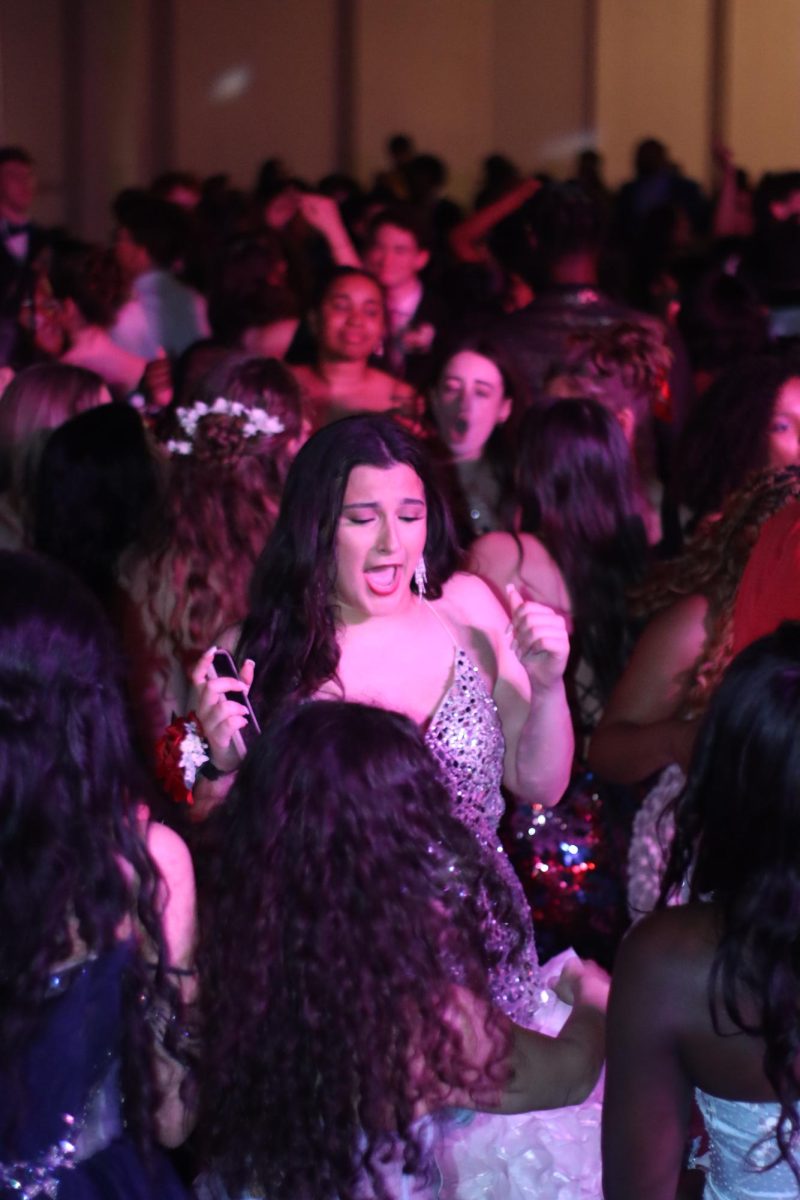The 2024 U.S. presidential election concluded with Donald Trump securing a second term, winning 312 electoral votes to Kamala Harris’s 226.
“I was very publicly predicting a win for Kamala Harris,” senior William He said. “A narrow one, but a win nevertheless. I always maintained that it could go either way and that Trump had a decent shot at becoming president. But I did predict that Vice President Harris would bear out in the end. However, as we now know, that did not come to fruition.”
While some students are pleased with Trump’s victory and optimistic about the future, others express concern and disappointment.
“I was just disappointed in general because you’re putting our country in the hands of someone who’s already failed us once,” sophomore Eshaal Chishty said.
The role of social media
Social media played a crucial role in shaping the discourse of the 2024 election. According to Pew Research Center, the number of American adults who regularly get news from TikTok has grown from 3% to 17% since 2020.
“I’m not the person to go check newspapers or my emails or anything of that sort, so social media is the way I get my information,” Chishty said. “But social media portrays people’s opinions and not really factual truths because people can post what they think and not what’s actually going on.”
With many news outlets spreading biased information, it can be challenging to discern fact from misinformation.
“I really try to look to news outlets online first, the most informational, unbiased ones,” senior Chiara DaMommio said. “TikTok and social media has not really changed my outlook— as I’ve always been very left-leaning my entire life and also been influenced by my family– but I think TikTok has definitely radicalized and red-pilled some kids into voting for Trump this year.”
Some students believe the red pill movement among the “manosphere,” popular on platforms like TikTok and YouTube, has influenced youth political views.
“One of the largest reasons why young people shifted so much to the right this election is the underestimation of how vast the right-wing disinformation machine is,” He said. “They attack our institutions, our Constitution, they attack the rule of law, they attack journalists. And they create this culture of toxic masculinity and really create the conditions for people to be so angry at everything. At our government, at the media, at each other.”
Besides information dissemination, social media serves as an outlet for personal expression and political reactions.
“I’ve grown to figure out how to speak my truth wisely and in an appropriate manner, especially on social media,” DaMommio said. “While I have expressed a little frustration on social media, I’m not going to go out and make death threats. I’m learning from other people about how to react.”
A common perspective is that regardless of the election’s outcome, Americans should accept the results and move forward with peace and unity.
“I fundamentally believe the election of Donald Trump represents a debasement of American values, norms, and our culture,” He said. “However, the American people were given a choice, and the voters have spoken. The bottom line is, you can’t only love your country when you win. Because patriotism means loving your country no matter who is president.”
Criticisms
Across the political spectrum, students hold several criticisms of both the major 2024 presidential candidates.
Some feel that social media campaigning—like Kamala Harris’s campaign accounts—was neither honest nor effective.
“Although she really tried to connect with the younger generation this year, through TikTok and social media, she wasn’t really educating people about her policies that much, and was just trying to keep up with the trends,” DaMommio said. “ It kind of felt like a soulless promise in a way.”
Other criticisms of the Harris campaign often center on her emphasis on personality over policy.
“Harris was too lenient and she didn’t really focus [on] her policies,” freshman Tasneem Anabi said. “Most people who like Trump supported his policies and most people who supported Harris supported her character. I feel like there was not a balance of both of these.”
Others are disturbed by Trump’s past behaviors, including allegations of misconduct and his inflammatory rhetoric, which have been a source of controversy throughout his political career.
“I think that it’s a really big deal [and] people are just disregarding it because he’s president and has a bunch of fans,” Chishty said. “But it’s not something normal. If that was someone else, it would be a big deal. I don’t think we should have people promoting him.”
However, with both Trump and Harris having complicated track records, the debate over what should matter most—policy or character—has grown louder.
“I think in this age, character definitely matters more, but at the end of the day, policy is the most important,” senior Jena Maningat said. “I just think that most people voted the way they did this year because of the candidates and their track records, who they are. At the end of the day, you should vote according to what you believe in.”
Some believe personality can play a significant role in certain contexts.
“When it comes to dealing with foreign dictators and stuff like that, if he speaks wrongfully, it can cause altercations and stuff like that,” freshman Alec Cruz said. “That’s the only case where I think personality can definitely have an effect.
Key issues
Several pressing issues dominated discussions during the 2024 election, particularly concerning individual rights and freedoms.
“I believe in building an America, building a country where everyone has the freedom to live authentically,” He said. “And that means civil rights, voting rights, LGBTQ+ rights, bodily autonomy, stopping gun violence, ending climate change, economic opportunity, and the chance to fulfill your version of the American dream.”
Specifically, women’s and reproductive rights emerged as significant concerns in this election cycle.
“I’m a little scared for the future of our children and the future of our women around the country,” DaMommio said.
For others, immigration policy was a key issue.
“In 2016, when Trump won, my family in Bangladesh, their immigration got delayed by a lot,” Anabia said. “And then COVID happened, so my family that was supposed to come when I was eight years old got postponed to maybe when I’m thirty. I really hope that immigration is still open like how it was in 2009.”
The crisis in Gaza also resonated deeply with many students during this election period.
“At the end of the day, I don’t really agree with either of them, especially on foreign policy,” Maningat said. “Harris said that Israel has the right to defend themselves even though Gaza is living in an open-air prison, and they really don’t have much control over their situation, unlike the state of Israel.”
Voting
For some students, this election was their first opportunity to vote, a rite of passage into adulthood and civic responsibility.
“There were a lot of sweet old ladies there, and they congratulated every new voter,” DaMommio said. “Overall, it was a really quick experience, because I did early voting as well.
Others, however, were not yet eligible to vote but still felt deeply connected to the process.
“I have made it a tradition for several election cycles in a row now to accompany my parents, siblings, and other family to the polling booth, and see democracy in action as they make their choices in each election,” He said. “And it truly is a humbling experience to make you appreciate the wonder of this great American experiment. In no other country in the world are we afforded the same freedoms and values that we are here in America.”
To the future
Looking ahead, many students are determined to make their voices heard.
“I think our generation is tired of spending our childhood living through major historical events,” He said. “9/11, the 2008 recession, COVID, global wars, school shootings, economic instability, and political violence. Our generation has never seen a country that is united or at peace.”
Whether satisfied or dissatisfied with the results, students are focused on the future.
“I’ve already seen this through my friends,” DaMommio said. “A lot of young people are getting out there to advocate, maybe get into law school and stuff, just to try to figure out a way to shape our future.”
There are many ways to get involved in politics: volunteering, campaigning, running for office, pursuing law, or journalism.
“I think no matter who you are, I think it’s vitally important that you do get involved in this process. Because it’s your school, it’s your community, it’s your country, it’s your future,” He said.
A sense of hope for the future persists, as students believe the younger generation will make a difference in years to come.
“I’m excited to see all the brilliant and beautiful things that our generation is going to accomplish,” He said. “Whether you’re left or you’re right, I think we can all find common purpose in that we all love our country, we all share the same desire and patriotism to see this country grow and become better. I love this country with all my heart. I believe in its promise of what it is, what it has been, and what it will be.”


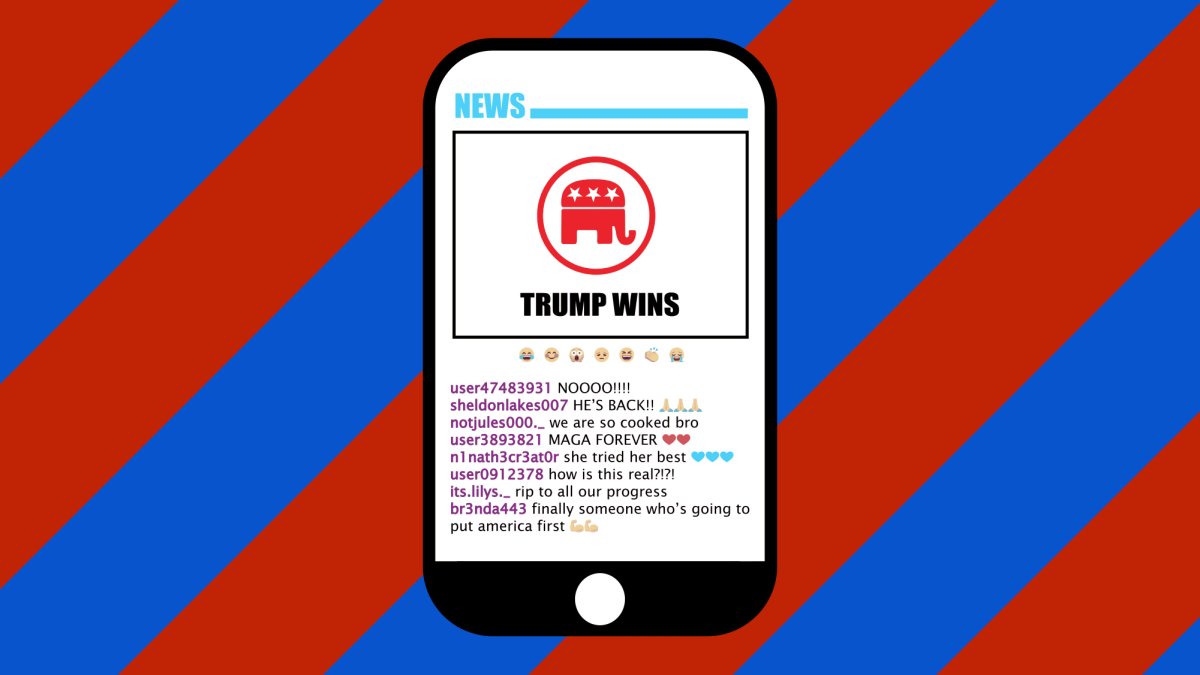
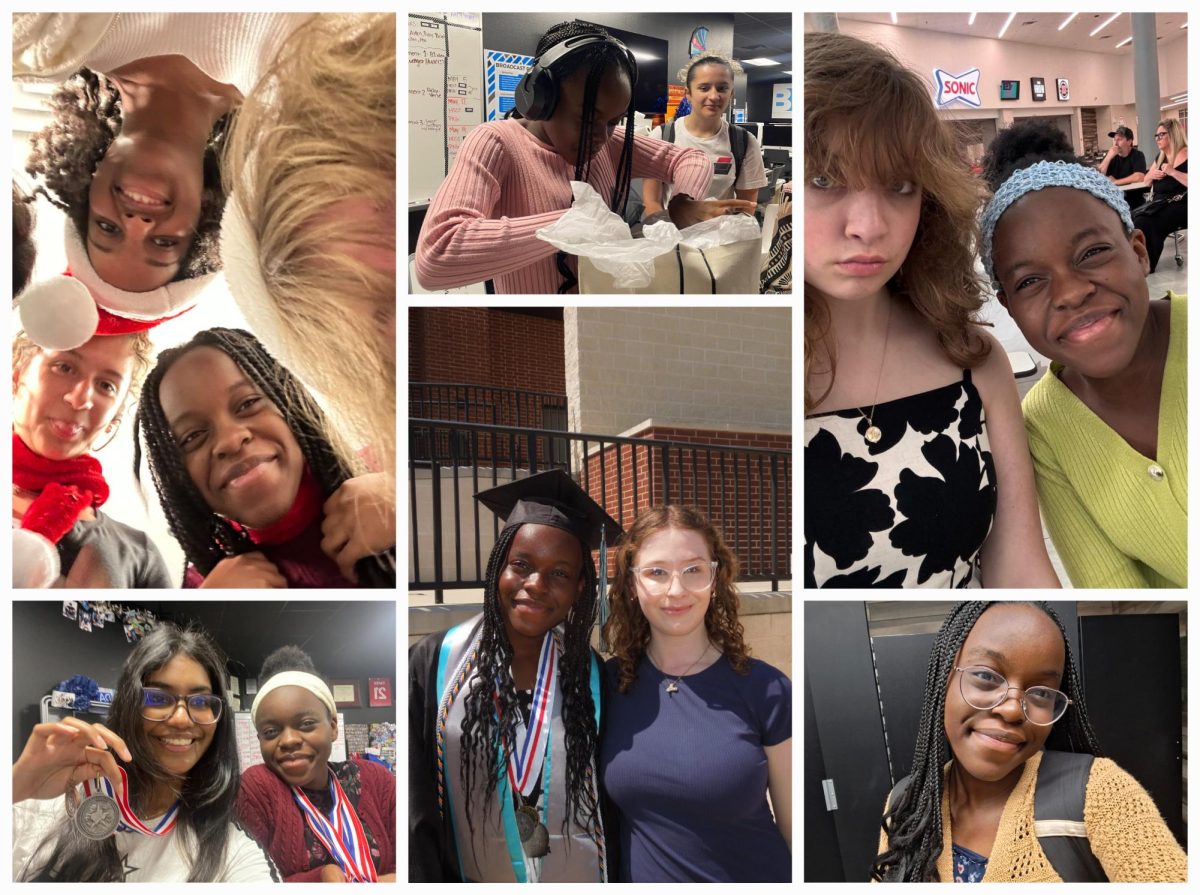
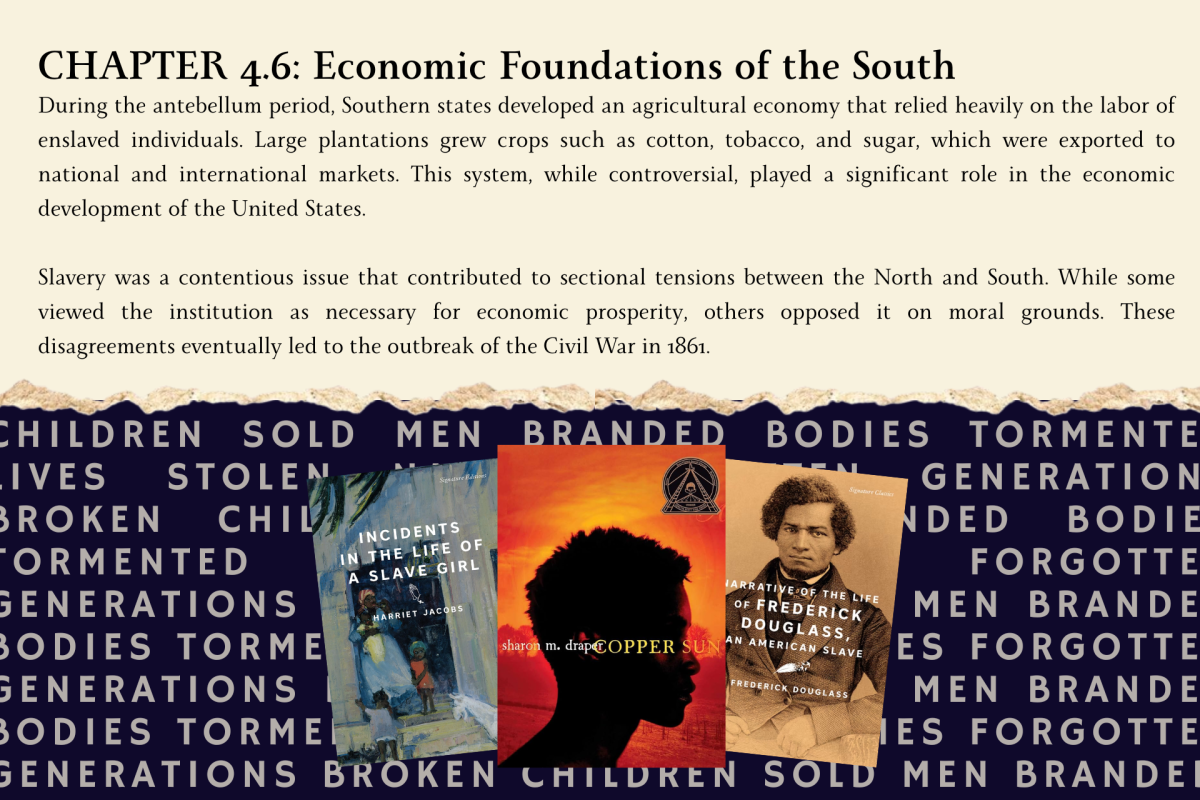

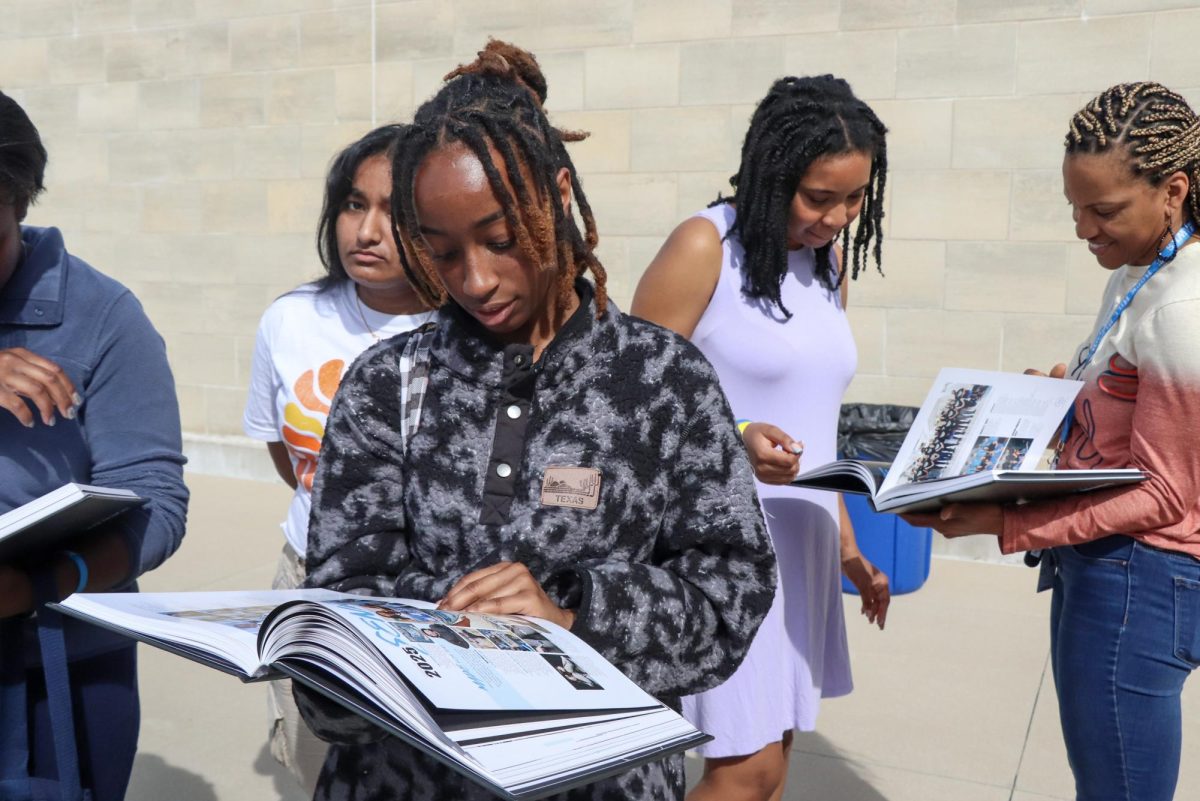
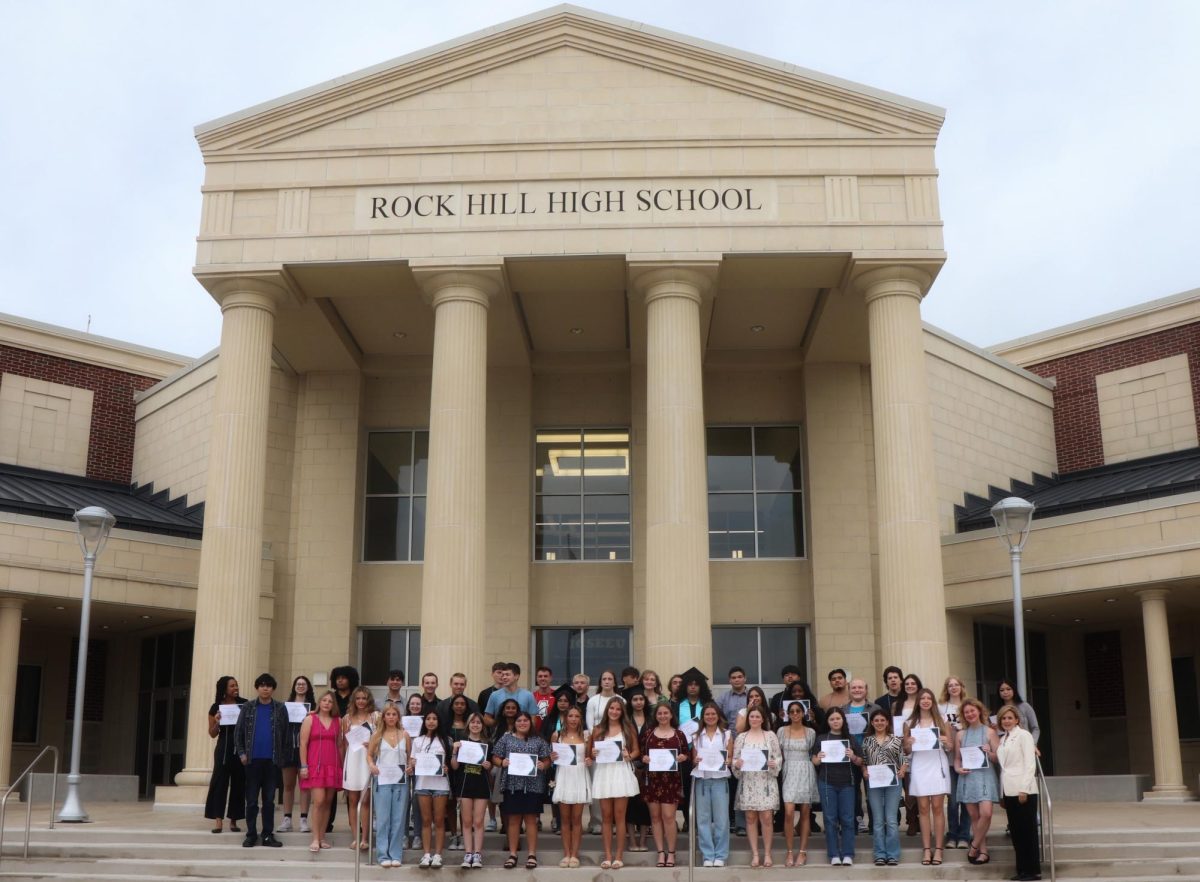
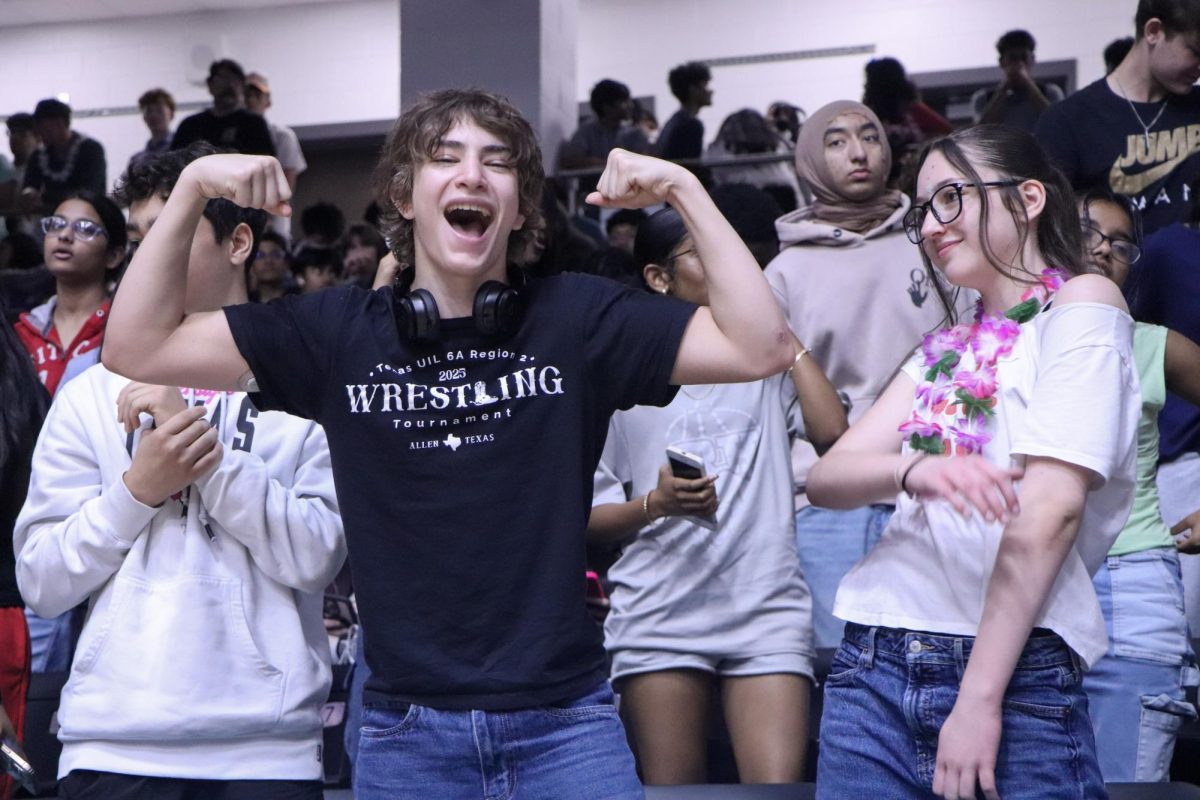

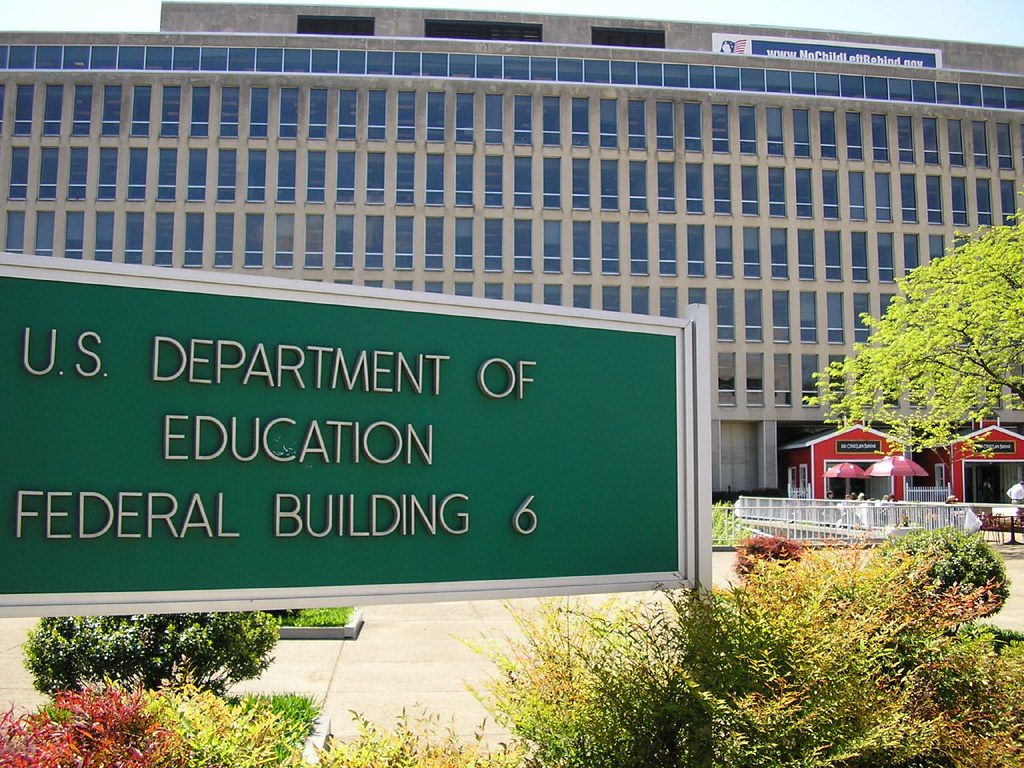

![A digitally constructed image shows money flowing out of a U.S. government building, representing the economic impact of the Trump administration’s new tariff policy. “[The tariffs are] supposed to basically pump up American businesses to where Americans go buy American products,” U.S. government teacher Adam Barclay said. “Then you have more manufacturing, you have more jobs, and that's how it's supposed to work.”](https://rockhillmedia.org/wp-content/uploads/2025/04/Impact-of-the-U.S.-Tariffs-1-1200x675.png)
